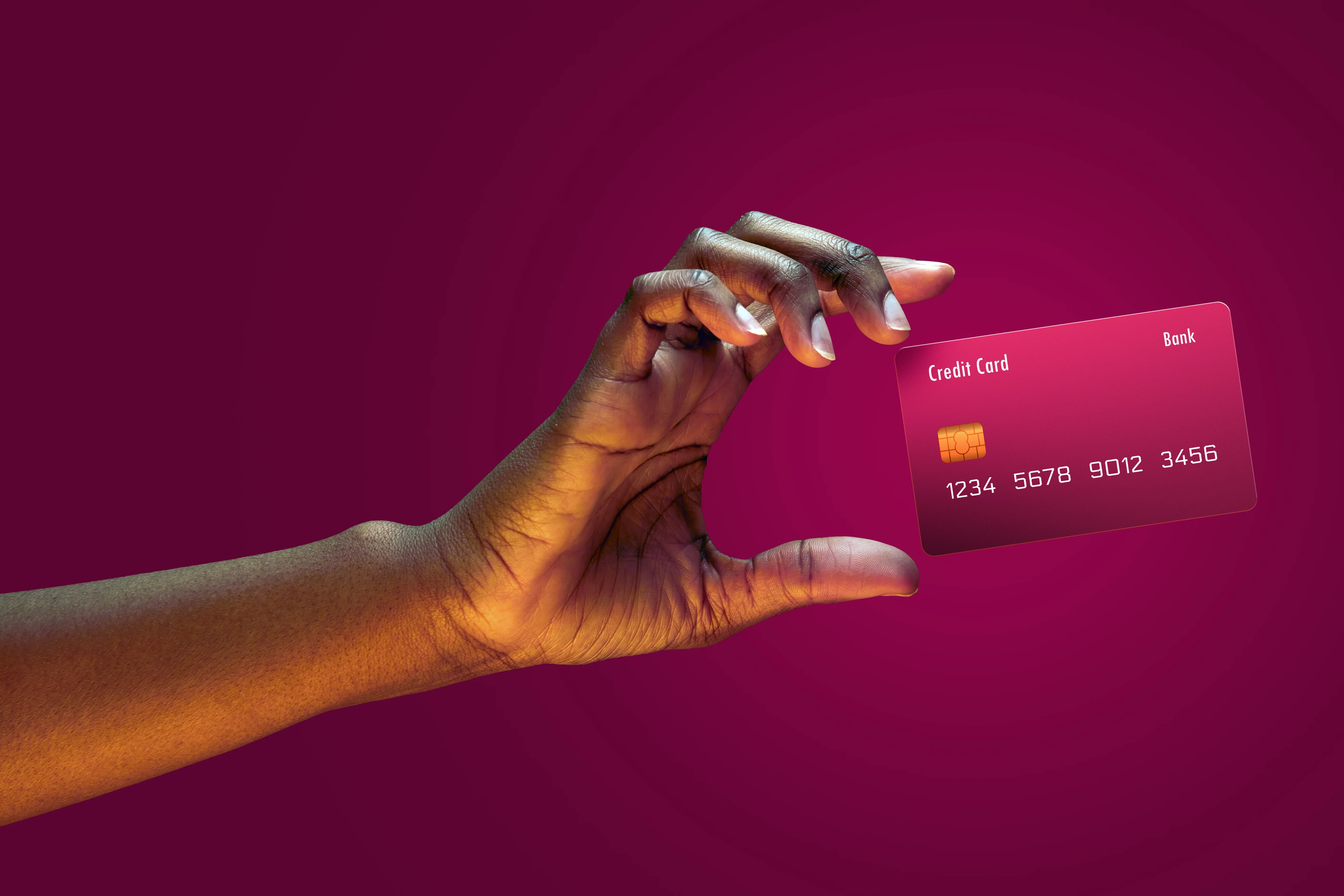Credit cards come with a variety of benefits. This article provides some tips and tricks to reduce the risks and maximise the benefits of credit card ownership.
4 January 2023 · Fiona Zerbst

Credit cards come with a variety of benefits. They can help you build your credit profile, act as a backup in an emergency, and confer loyalty rewards, notes Ester Ochse, product head, FNB retail money management.
They do, however, also present some risks if not used correctly. We provide some tips and tricks to minimise the risks and maximise the benefits of credit card ownership.
Tip: Credit can be beneficial if you are disciplined with spending. Apply for an online credit account here.
Clever credit card management
Credit is a powerful, flexible, and convenient tool if you use it wisely. On its website, Visa points out that your financial lifestyle will determine the type of credit card that will suit you best.
It’s important to understand the features and benefits of any card you may be considering. You should also be sure that you won’t use your card irresponsibly, as it’s easy to get into debt – either by overspending, or by using it to pay for day-to-day expenses, without making provision for repayment.
It’s crucial to be aware, Ochse says, that the limit on your credit card is not a target. You don’t have to use all of the money. In fact, you should use it only if absolutely necessary.
The following are her tips for clever credit card management.
Maximise the benefits
The benefits of a credit card extend far beyond access to credit and cashless purchases.
Ashley Saffy, head of business development at FNB credit card, says one of the benefits usually offered is free travel insurance, provided you book your travel tickets on a credit card.
“FNB also offers credit card holders a solution for unexpected medical costs. While the ideal is that customers should have emergency savings for such expenses, this is not always the case,” she says.
“FNB card holders can move their medical expenses to their budget facility at a competitive interest rate.”
Virtual cards linked to your credit card account offer protection against fraud, says Saffy, who notes that FNB’s virtual card has a dynamic CVV number that changes hourly to increase online security.
Ochse says credit card providers often have reward schemes that allow you to earn money back when you use your credit card for certain purchases.
“Depending on how you use the rewards, you can get back more than the card’s monthly fees. If you understand the reward system and maximise the benefits, you can free up a lot of cash,” she says.
“Some reward programmes give cash back that you can use for fuel and groceries. This can really help in a tight month.
“Alternatively, you can save your rewards throughout the year and use them to help cover your festive season expenses, or pay for school supplies in January.”
Minimise the risk
Credit card risk isn’t linked to your card as such, but rather to how you use it and the extent to which you trust others, says Ochse.
To protect yourself against fraud or theft, she offers the following advice.
Tip: There are options if you have overextended yourself financially. Click here to learn more.
Free tool

info@justmoney.co.za
4th Floor, Mutual Park, Jan Smuts Drive,
Pinelands, Cape Town, 7405
© Copyright 2009 - 2025 · Powered by NCRCB29
Terms & Conditions
·
Privacy Policy
·
PAIA Manual
View your total debt balance and accounts, get a free debt assessment, apply for a personal loan, and receive unlimited access to a coach – all for FREE with JustMoney.